Dexamethasone Injection
✅ Rapid relief from inflammation
✅ Effective pain management
✅ Treats severe allergies
✅ Manages autoimmune disorders
✅ Resolves respiratory issues
Dexona Injection contains Dexamethasone.
Product Overview
Dexona Injection is a sterile pharmaceutical preparation containing Dexamethasone, a highly effective corticosteroid with powerful anti-inflammatory and immunosuppressive properties. This parenteral formulation is specifically designed for clinical situations requiring immediate therapeutic intervention when oral administration is impractical or insufficient. As a synthetic glucocorticoid, Dexamethasone is widely utilized in managing severe allergic reactions, acute asthma attacks, rheumatoid arthritis crises, inflammatory bowel disease exacerbations, and as adjunctive therapy in various oncological conditions. The injectable form ensures rapid systemic absorption and prompt onset of action.
Therapeutic Applications
This injectable medication is clinically indicated for an extensive spectrum of inflammatory and immune-mediated disorders, including but not limited to: acute hypersensitivity reactions, status asthmaticus, acute rheumatoid arthritis flare-ups, and severe inflammatory bowel disease episodes. In hematologic and oncologic practice, Dexona Injection serves as valuable palliative therapy for managing tumor-related edema, chemotherapy-induced nausea, and certain paraneoplastic syndromes. Its rapid pharmacokinetic profile makes it indispensable in emergency medicine and critical care settings where immediate immunosuppression and anti-inflammatory effects are required.
Administration Guidelines
Dexona Injection must be administered exclusively by qualified healthcare personnel through intramuscular or intravenous routes. The therapeutic regimen (including dosage, frequency, and duration) must be individually tailored based on the patient’s diagnosis, clinical status, treatment response, and comorbidities. Strict adherence to the prescribing physician’s instructions is mandatory. Self-administration is strictly contraindicated without proper medical supervision and training.
Mechanism of Action
The active pharmaceutical ingredient, Dexamethasone, functions as a synthetic glucocorticoid receptor agonist. Its molecular mechanism involves complex genomic and non-genomic pathways: binding to cytoplasmic glucocorticoid receptors triggers nuclear translocation and subsequent modulation of gene transcription. This results in downregulation of pro-inflammatory cytokines (IL-1, IL-6, TNF-α), inhibition of phospholipase A2, and suppression of inflammatory cell migration. Simultaneously, it exerts profound immunosuppressive effects by interfering with lymphocyte proliferation and antibody production.
Dosage Protocol
Therapeutic dosing follows a carefully calibrated approach:
• Initial bolus doses (typically 4-20 mg IV/IM) for acute conditions
• Subsequent tapering regimens to prevent adrenal suppression
• Weight-adjusted pediatric dosing (0.02-0.3 mg/kg/day)
• Special protocols for cerebral edema (10 mg IV initially, then 4 mg q6h)
All administrations must occur in controlled medical environments with appropriate monitoring for potential adverse reactions. Dose adjustments are frequently required for patients with hepatic impairment or specific comorbidities.
Clinical Advantages
The parenteral formulation offers distinct therapeutic benefits:
• Immediate bioavailability (peak plasma concentration within 1 hour)
• Bypasses first-pass metabolism
• Predictable pharmacokinetic profile
• Enables precise dosing in critical care scenarios
• Facilitates treatment in patients with gastrointestinal dysfunction
These characteristics make Dexona Injection particularly valuable when rapid, reliable drug delivery is essential for patient outcomes.
Adverse Effects Profile
While generally well-tolerated when used appropriately, potential adverse reactions include:
• Endocrine: HPA axis suppression, hyperglycemia
• Metabolic: Sodium/fluid retention, hypokalemia
• Musculoskeletal: Osteoporosis, myopathy
• Neuropsychiatric: Insomnia, mood disturbances
• Immunological: Increased infection susceptibility
Most effects are dose-dependent and reversible upon discontinuation. However, prolonged use requires careful monitoring for more serious complications like avascular necrosis or opportunistic infections.
Important Precautions
Clinical vigilance is essential when administering Dexona Injection:
• Contraindicated in systemic fungal infections
• Requires cautious use in diabetics and hypertensives
• May mask signs of infection
• Potential for drug interactions (especially with CYP3A4 inducers/inhibitors)
• Requires gradual withdrawal after prolonged therapy
• Pregnancy category C (risk/benefit assessment mandatory)
Baseline and periodic monitoring of blood glucose, electrolytes, and blood pressure is strongly recommended during treatment courses.
Storage Specifications
Maintain product integrity by:
• Storing at controlled room temperature (20-25°C)
• Protecting from light exposure
• Avoiding freezing or excessive heat
• Keeping in original packaging until use
• Following institutional protocols for narcotic storage (where applicable)
Proper disposal should comply with biomedical waste management regulations to prevent environmental contamination.
Medical Disclaimer
This informational content has been meticulously prepared by healthcare professionals to provide accurate, evidence-based data about Dexona Injection. However, it does not constitute medical advice nor replace professional clinical judgment. Healthcare providers must consider individual patient factors when prescribing. Patients are advised to:
• Disclose complete medical history
• Report all concomitant medications
• Adhere to prescribed regimens
• Seek immediate medical attention for adverse reactions
The content aims to facilitate informed doctor-patient discussions, not to supersede them. Always consult qualified medical personnel for diagnosis and treatment decisions.
| Strength | 2 ml |
|---|---|
| Quantity | 10 Ampoule/s, 20 Ampoule/s, 30 Ampoule/s, 60 Ampoule/s |
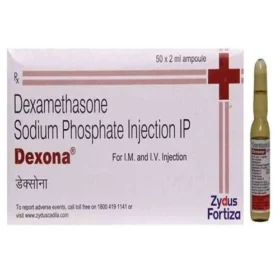 Dexamethasone Injection
Dexamethasone Injection









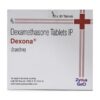
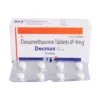
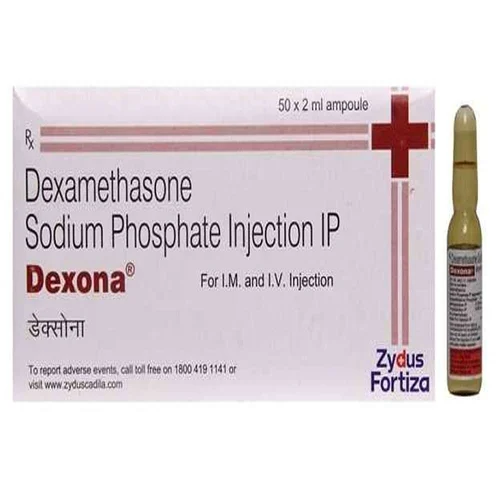
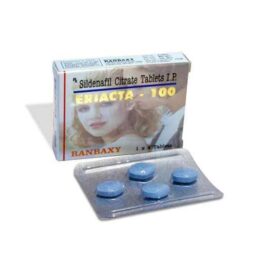

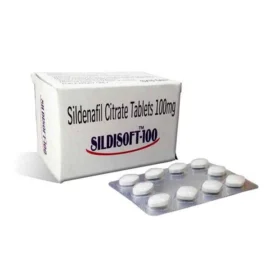
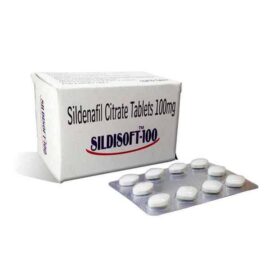
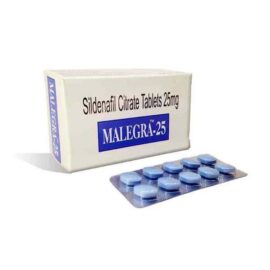
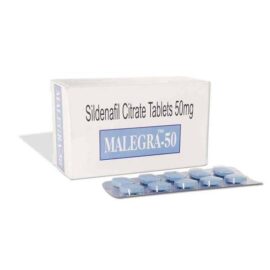
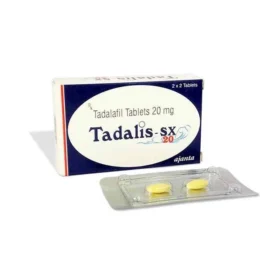
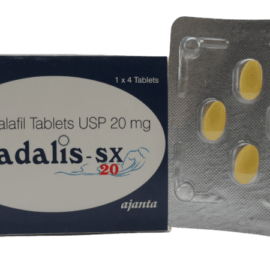
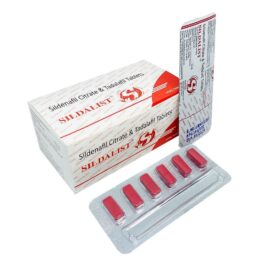
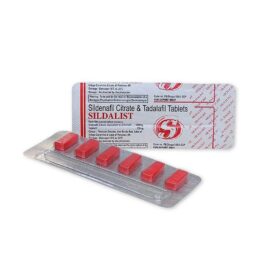
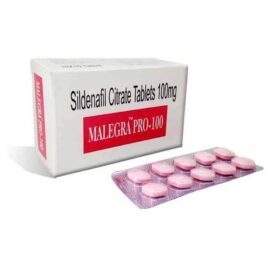
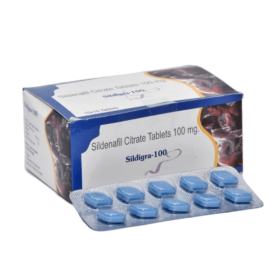
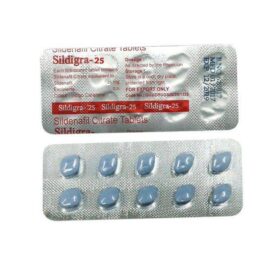
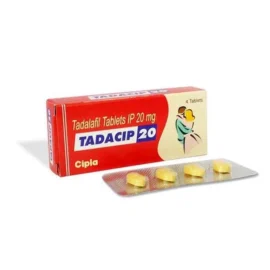
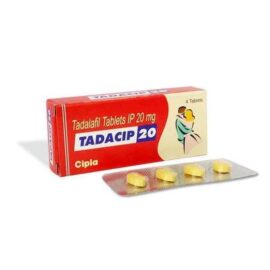
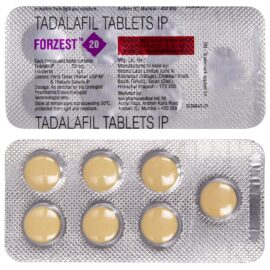
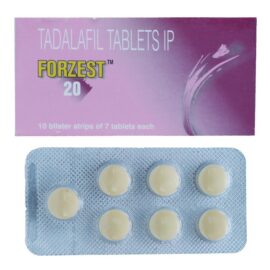
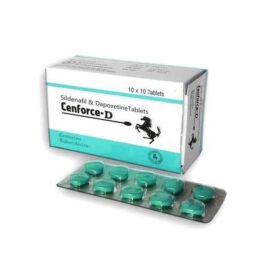
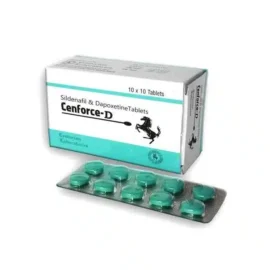
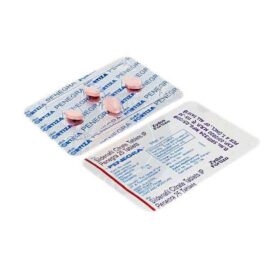
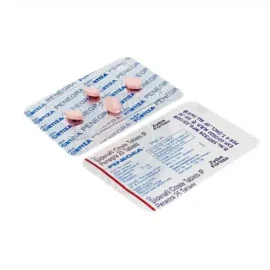
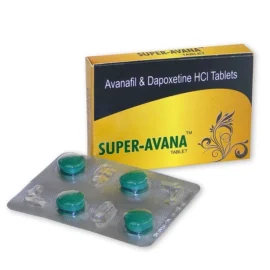
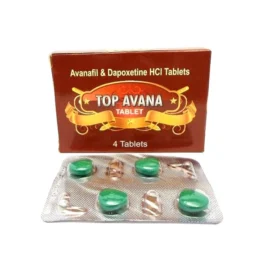
Reviews
There are no reviews yet